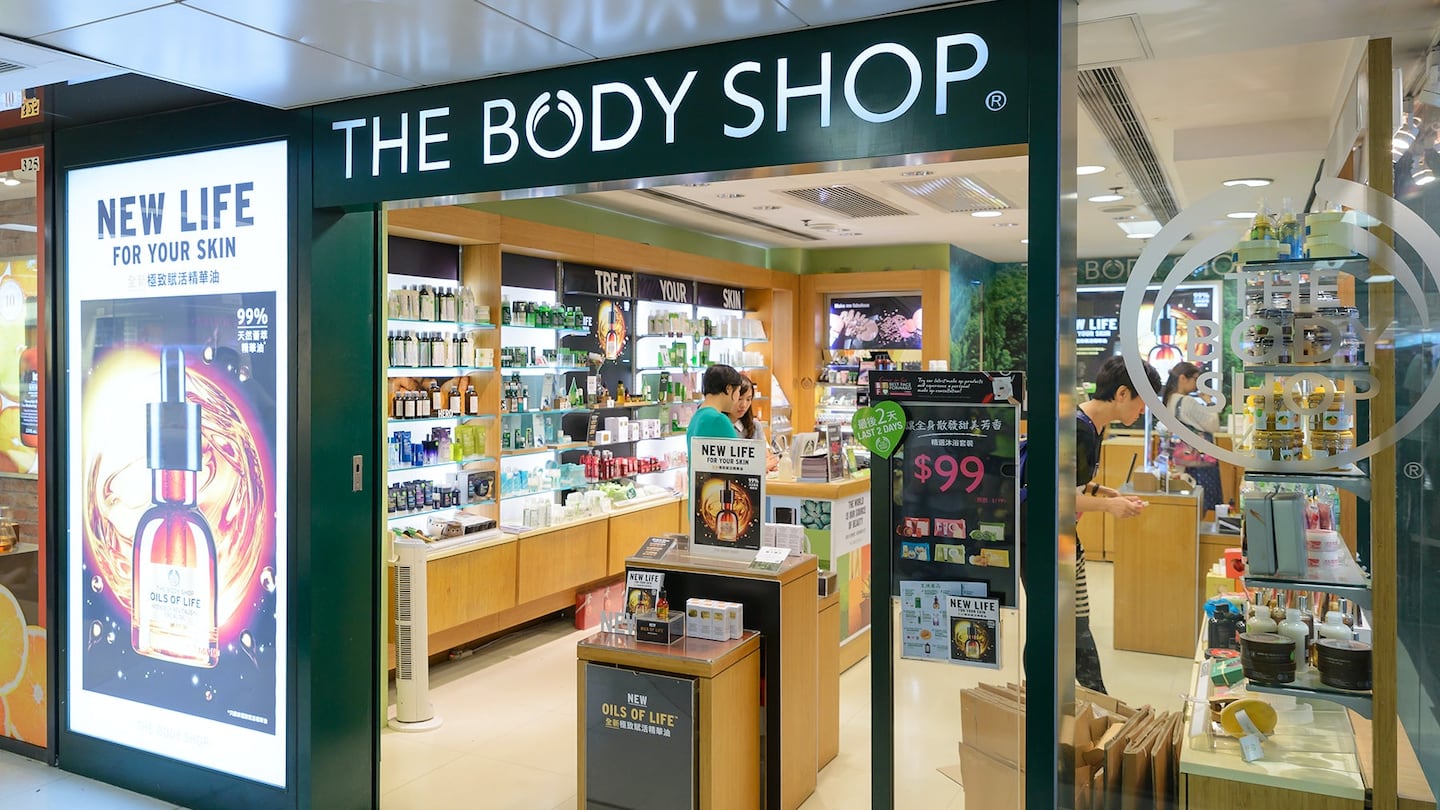
The Business of Fashion
Agenda-setting intelligence, analysis and advice for the global fashion community.

Agenda-setting intelligence, analysis and advice for the global fashion community.

SAO PAULO, Brazil — Brazilian cosmetics firm Natura & Co is still facing challenges in Hong Kong, where both its Body Shop and Aesop brands have been affected by months of violent protests, and does not expect the situation to improve in the short-term, executives said on Thursday.
"Hong Kong is an important market for The Body Shop and Aesop, especially as we do not yet have a physical presence in China because of the animal testing," Natura's chairman, Roberto Marques, told analysts and investors in a call to discuss third-quarter results.
"A mid-long term solution is finding a way to increase our presence in China while keeping our values," Marques said, adding Natura recently entered the Malaysian market and is pleased with initial results.
Despite the ongoing turmoil in Hong Kong, The Body Shop brand has been performing well, with accelerating top-line growth, particularly in the UK, Middle East and Latin America, Chief Executive João Paulo Ferreira said.
ADVERTISEMENT
Both executives declined to discuss Natura's integration with Avon Products , but emphasised the companies continue on track to conclude the transaction in the first quarter of 2020.
Almost two years after acquiring The Body Shop brand from L'Oréal in a €1 billion transaction, Natura struck in May a deal with Avon to create the world's fourth-largest beauty group.
The deal was approved by Brazilian antitrust body Cade on November 6 and by shareholders of both companies on November 13. "We still lack antitrust approval by a handful of remaining jurisdictions, but we are on track and excited with recent progress made," Marques said.
Shares in Natura were little changed in early afternoon trade at 32.06 reais.
On Wednesday night, the company posted a net income of 68.6 million reais, missing market expectations.
By Gabriela Mello; editors: Franklin Paul and Steve Orlofsky.
With consumers tightening their belts in China, the battle between global fast fashion brands and local high street giants has intensified.
Investors are bracing for a steep slowdown in luxury sales when luxury companies report their first quarter results, reflecting lacklustre Chinese demand.
The French beauty giant’s two latest deals are part of a wider M&A push by global players to capture a larger slice of the China market, targeting buzzy high-end brands that offer products with distinctive Chinese elements.
Post-Covid spend by US tourists in Europe has surged past 2019 levels. Chinese travellers, by contrast, have largely favoured domestic and regional destinations like Hong Kong, Singapore and Japan.